The decision to close Elgin’s Greenfingers project has been branded “morally bankrupt”.
The social and therapeutic horticulture group, which operates from Cooper Park Nursery, provides opportunities to adults with additional support needs.
Supported by staff, they use greenhouses and poly tunnels to grow plants for community projects and support floral displays throughout Moray.
But in a decision that has shocked locals, the project is set to close on September 30.
The closure of the Moray Council run service, which is currently subject to workforce consultation, was approved during a confidential section of the meeting of the Moray Integration Joint Board on May 30.
Health and Social Care Moray say the reasons behind the decision includes –
- that the number of new starts continues to fall as fewer people choose to access the service. There are currently 11 people accessing the service, with daily attendance varying between three and eight people
- that no funding is available to carry out necessary improvements to welfare facilities on site. This includes acceptable washing, toilet, rest and changing facilities and the upgrade costs are estimated at up to £440,000
- needing to save £10.2million this financial year to balance their budget. They say that the closure of the service will save £262,000 annually, and is a part of the financial recovery plan to ‘address the funding gap while protecting essential services’.
‘We have to try to stand up for the people who cannot shout’
Mary Madden founded Greenfingers in 1992 but didn’t expect it to be as successful as it is today.
Over the years, the group has contributed its services across Moray including at war memorials, community gardens and flower beds outside the council building.
They have also provided plants to many community groups including Lossiemouth Community Council.
A group of outraged locals are now organising a protest against the closure and to raise awareness about the work Greenfingers do.
Liz Mcknockiter, who has previously worked with Greenfingers, said many trainees view the training project as their job.
She said: “They are really well trained guys and there are a few of them who regard this as their job.
“There was one young chap whose grandfather asked him on a Sunday night if he was coming for a pint.
“He said ‘no, I’ve got work in the morning’. That’s how seriously they take it.
“To take that away from them is morally bankrupt.”
Carole Christian is the carer of her brother-in-law, Bill, who attended Greenfingers for a number of years before Covid.
“He would get dressed in his Greenfingers gear and make his own packed lunch which isn’t something he would otherwise do,” she said.
“When he’d come home he would tell us he was tired because he was working hard – and he was working hard.
“He’d tell us about the places he went to, the plants that they planted, and then he’d take us along on the weekend to show us places where he’d been.
“He loved his time at Greenfingers and was devastated because of its closure during Covid and it took a long time for him to understand that it had closed. I can imagine it’ll be the same for many other trainees now with this closure.”
She added: “This project is unique and it offers something completely irreplaceable. I think it’s shameful for the council to target the learning disabled.
“We have to try to stand up for the people who cannot shout.”
Carolle Ralph, from Lossiemouth, said: “Moray Council would see the people who go to Greenfingers as service-users. But actually, they’re providing a service to other people as well.
“It’s not right that they’re putting a little bit of cost-cutting before people’s lives.”
Councillor says staff ‘working closely’ to support affected clients
Councillor Tracy Colyer, chairwoman of the Moray Integration Joint Board, said: “We completely understand that closing the project is really difficult for those involved who will have a strong attachment to Greenfingers.
“The decision is in no way a reflection of the great work which has gone on at the service over the years.
“Staff are working closely with clients, their families and carers to ensure they are supported throughout this transition period as they look to take up alternative opportunities available to help them continue to achieve the outcomes that matter to them.”
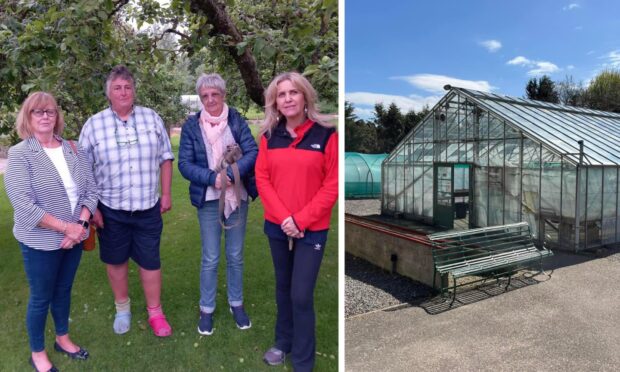
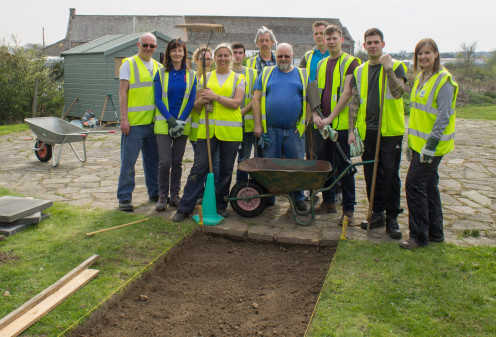
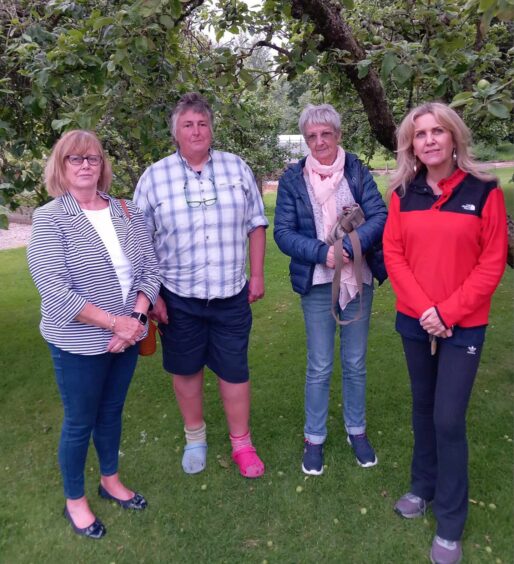
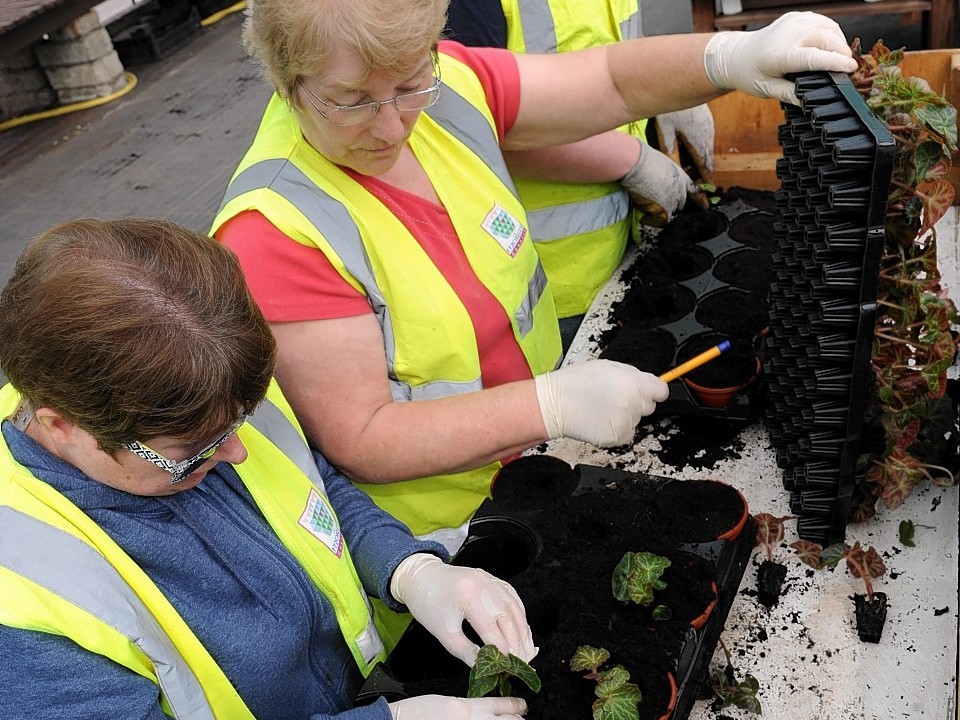
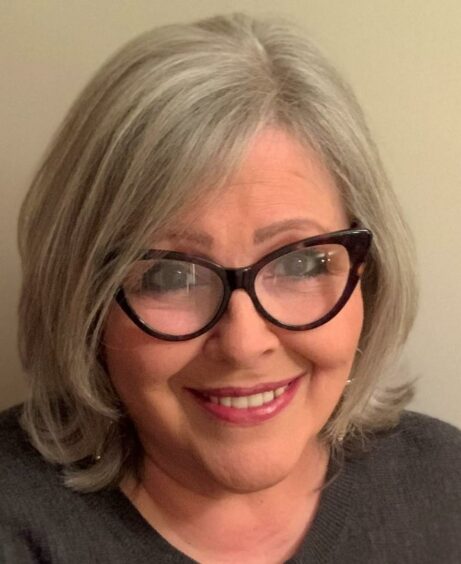
Conversation